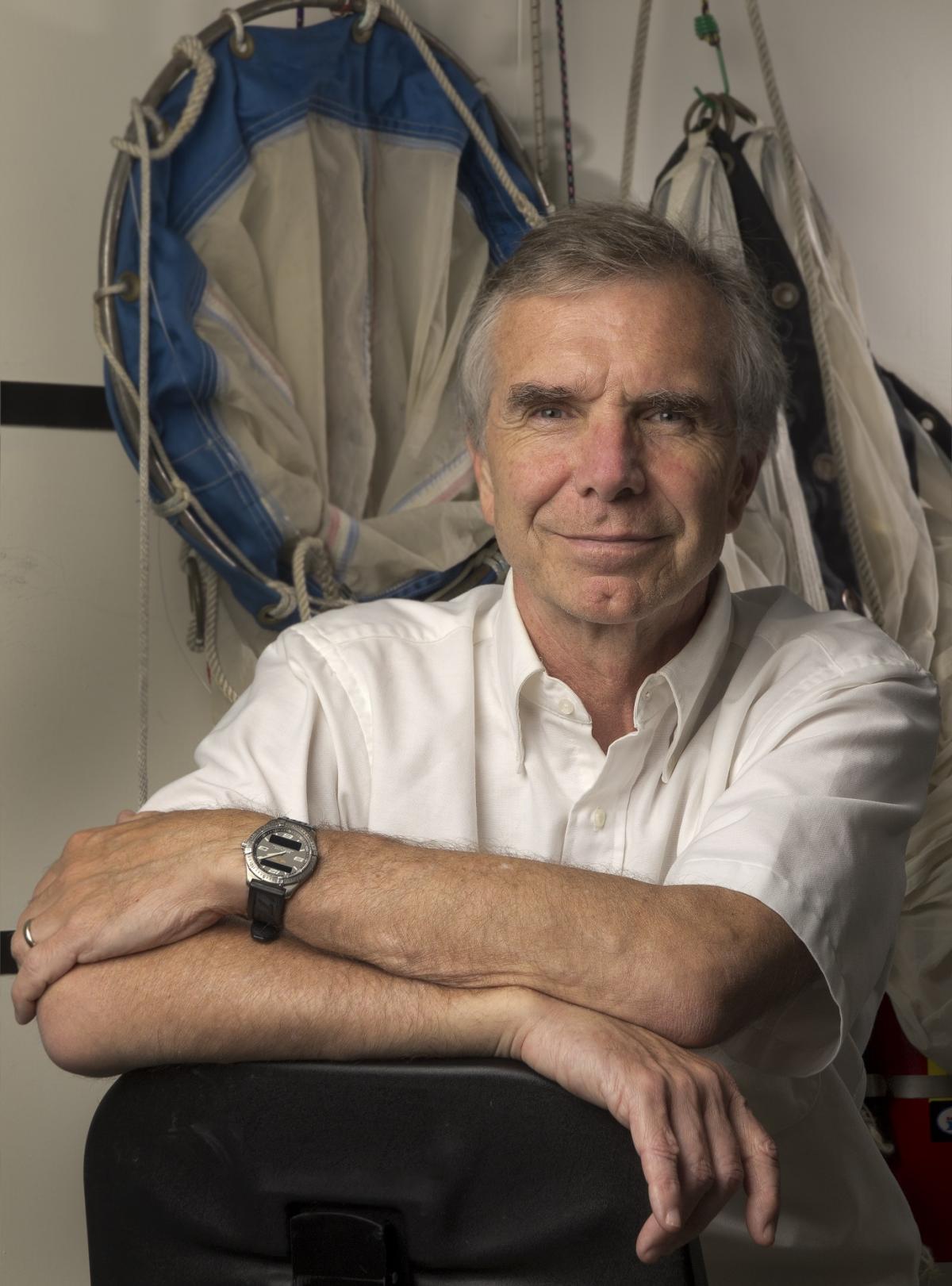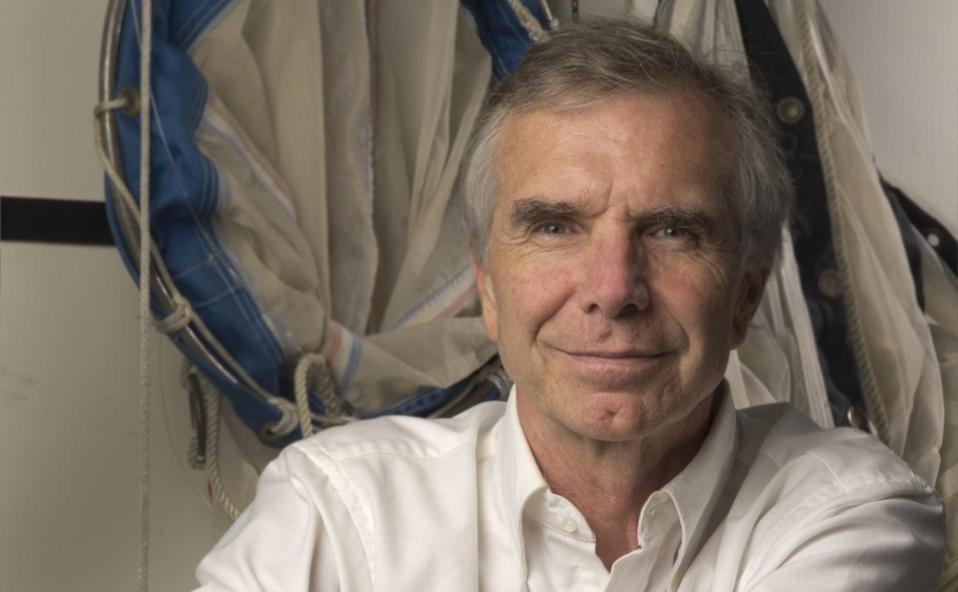
Michael Roman. Photo credit: Dave Harp
After serving 20 years as director of the Horn Point Laboratory of the University of Maryland Center for Environmental Science (UMCES), Professor Mike Roman has announced that he will relinquish the position by end of the academic year and continue his ocean research as a Horn Point faculty member.
“It has been a great honor and privilege to work with the staff, students and faculty these last 20 years. Horn Point has grown in size, stature and productivity thanks to their hard work and dedication. I am proud of our increased efforts in public outreach, partnerships with other environmental groups on the Eastern Shore and development activities to provide graduate student financial support,” said Roman.
A biological oceanographer, Roman’s scientific career spans 30 years of research, and his expertise in marine ecology and biological oceanography is recognized nationally and internationally. He joined the University of Maryland Center for Environmental Science in 1981 and has been director of the Horn Point Laboratory since 2001.
“Dr. Roman is an exceptional researcher and colleague who has had an enormous impact on the Horn Point Laboratory and UMCES, particularly in expanding research on coastal resilience, climate change, and important species such as blue crabs and oysters,” said University of Maryland Center for Environmental Science President Peter Goodwin. “He has mentored several early career faculty to ensure their success, built a successful philanthropic program, including graduate student endowments, and recruited outstanding faculty.”
The process to select a new director has been initiated. “During the next few months I plan to continue work to increase Horn Point’s grants and contracts, raise private funds to support our graduate students, and after a new director is in place, work with them to assure a smooth transition in leadership,” said Roman.
The Horn Point Laboratory, located on more than 800 acres on the banks of the Choptank River on Maryland’s Eastern Shore, has advanced society’s understanding of the world’s estuarine and ocean ecosystems. Horn Point scientists are widely respected for their interdisciplinary programs in oceanography, water quality, restoration of seagrasses, marshes and shellfish and for expertise in ecosystem modeling. With ongoing research programs spanning from the estuarine waters of the Chesapeake Bay to the open waters of the world’s oceans, Horn Point is a national leader in applying environmental research and discovery to solve society’s most pressing environmental problems.
UNIVERSITY OF MARYLAND CENTER FOR ENVIRONMENTAL SCIENCE
The University of Maryland Center for Environmental Science leads the way toward better management of Maryland’s natural resources and the protection and restoration of the Chesapeake Bay. From a network of laboratories located across the state, UMCES scientists provide sound evidence and advice to help state and national leaders manage the environment, and prepare future scientists to meet the global challenges of the 21st century. www.umces.edu



Write a Letter to the Editor on this Article
We encourage readers to offer their point of view on this article by submitting the following form. Editing is sometimes necessary and is done at the discretion of the editorial staff.